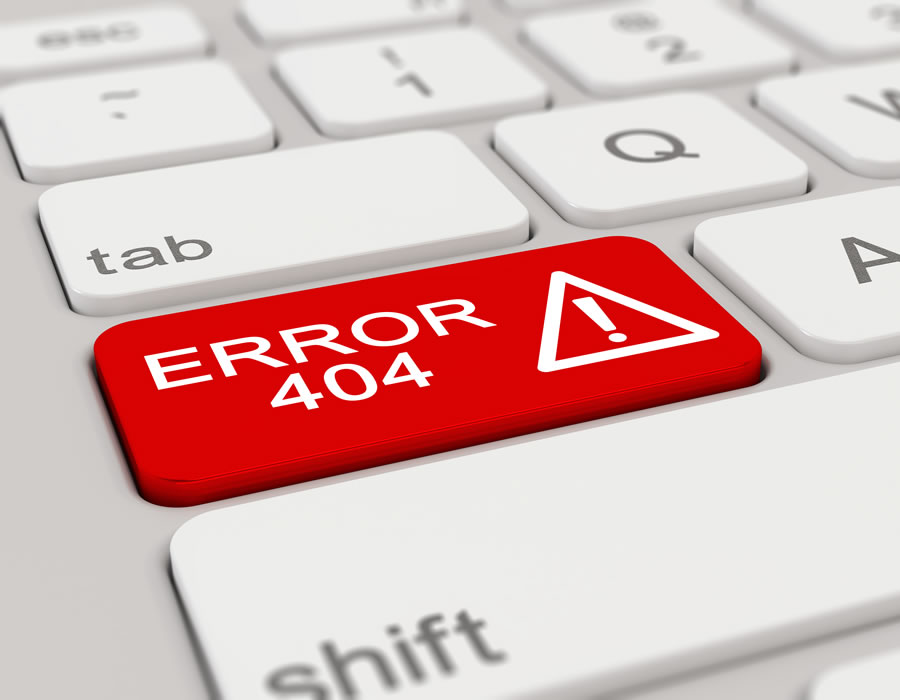404 error. Page not found
Oops, you've encountered an error
We're sorry for the inconvenience
We can't seem to find the page you're looking for.
The page you were looking for is no longer available. Please feel free to browse our website.
If you would like further assistance, please use our contact us form or email us.
We appreciate your patience!

